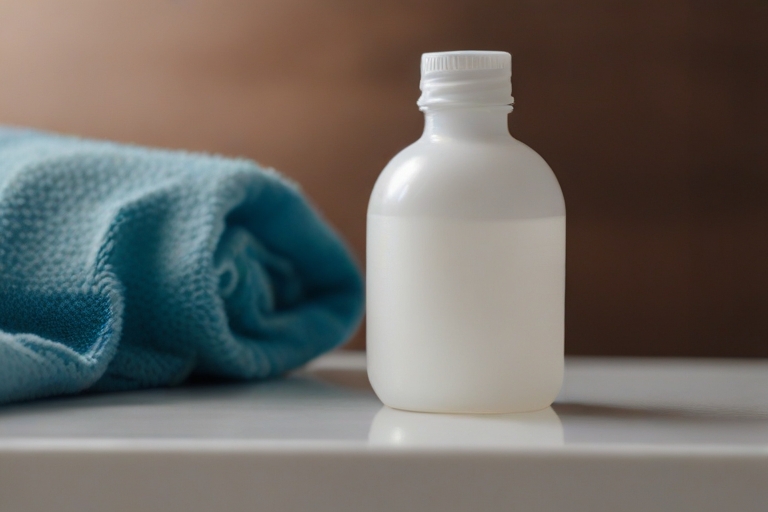Why Hydrogen Peroxide Could Be Your New Best Friend?
Ever wondered if there’s a magic bullet to defeat those pesky acne breakouts?
Meet hydrogen peroxide – not just for cuts and scrapes anymore!
Hydrogen peroxide is also useful in many areas of everyday life. Whether for cleaning, personal care, or gardening, it offers a safe and effective solution to many common problems.
Key Takeaways
- Hydrogen peroxide can kill acne-causing bacteria almost on contact.
- It’s safe, effective, and could reduce your reliance on harsher treatments.
- Still not as popular as some treatments, but definitely gaining ground!
What makes hydrogen peroxide so special for acne?
Think of it like this: hydrogen peroxide is like the superhero of acne treatments.
When you dab it on your skin, it breaks down into water and oxygen. The oxygen part is the hero here—it bursts into the bacteria that cause acne, messing up their day and ultimately wiping them out.
This burst of oxygen is super effective because acne-causing bacteria can’t survive when oxygen levels spike.
Resistance: Acne’s Big Challenge
Why worry about resistance in acne treatments?
Here’s the scoop: just like bugs can become resistant to bug spray, acne bacteria can get used to many common treatments. After a while, they just don’t work as well. But here’s the kicker with hydrogen peroxide—it’s like a fresh tactic in the battle against acne.
Since it works differently, using oxygen to knock out bacteria, it’s a great tool to have, especially if other treatments aren’t cutting it anymore.
How Hydrogen Peroxide Works Its Magic
How does hydrogen peroxide help clear up acne?
It’s not just about killing bacteria; there’s more cool science going on!
- Attacks the bacteria
- Helps dry out the spots where acne likes to show up.
- Less oil means fewer “parties” for bacteria, and that means less acne.
- It’s pretty good at reducing redness and helping those spots heal faster.
So, it’s like a triple threat to pimples—zap the bacteria, dry out the oil, and calm the redness.
Is hydrogen peroxide better than other treatments?
Let’s throw hydrogen peroxide into the ring with other acne treatments and see how it measures up.
Compared to heavy-hitters like benzoyl peroxide or salicylic acid, hydrogen peroxide holds its own by being less irritating for many people. It doesn’t go in guns blazing; instead, it gently disrupts the acne-causing bacteria and helps prevent new pimples.
Diet and Skincare: The Dynamic Duo
Can what I eat really affect my acne?
Absolutely! Imagine your body like a complex factory. What you put into it can affect what comes out.
Foods that cause spikes in your blood sugar can also make your skin produce more oil, which is a feast for acne bacteria. Pairing a good diet with the right skincare products, like tallow cream for face, creates a double defense against acne. Tallow cream, for example, is rich in nutrients that help reinforce your skin’s natural barriers.
Using a skincare product like beef tallow skin cream not only nourishes the skin but also supports it in ways that help manage acne. It’s like having a personal trainer and a nutritionist for your skin—both helping it to stay healthy and resilient.
FAQs
What concentration of hydrogen peroxide is safe for my skin?
A 3% solution is typically enough.
It’s strong enough to be effective but gentle enough not to harm your skin.
Can I mix hydrogen peroxide with other acne treatments?
Yes, but with caution!
Always consult with a dermatologist before mixing treatments.
Is hydrogen peroxide a good option for all skin types?
Mostly, yes.
But if you have very sensitive skin, you might want to patch test it first

